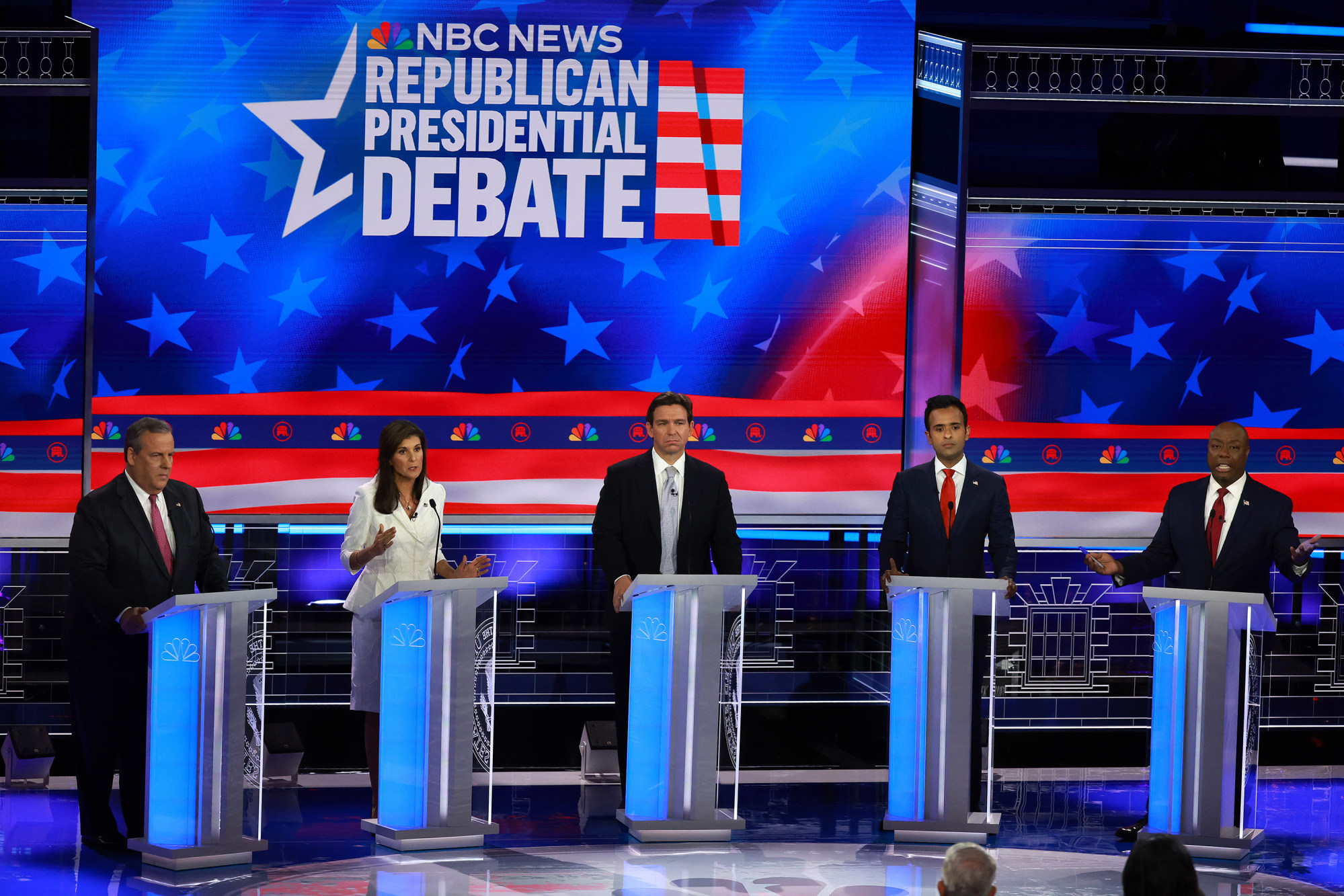Republican Setbacks: Analyzing the Impact of Local Election Losses, Particularly in Wisconsin
Table of Contents
- This need to win America's vote has been very significant for the 2026 ...
- GOP 2024 presidential field widens as candidates head to Iowa
- Immunity passports risk discrimination: CCLA | CTV News
- Who is running for president in 2024 and who has dropped out ...
- Who's Running for President? See a Rundown of the 2024 Candidates - The ...
- US Republican Senator Tim Scott withdraws from 2024 presidential race ...
- When presidential candidates became presumptive nominees : NPR
- 'Past presidents picked sides in election': Presidential Palace ...
- Who are the candidates running in the 2024 US presidential election ...
- Candidates vying for 2024 US presidential race THE NEW INDIAN ...



Wisconsin: A Republican Stronghold No More?


The decline of Republican support in Wisconsin can be attributed to several factors. One major contributor is the growing dissatisfaction with the party's stance on issues such as healthcare, education, and environmental protection. Many voters in the state have begun to feel that the Republican Party is out of touch with their concerns and values. Additionally, the party's handling of the COVID-19 pandemic has been widely criticized, further eroding trust among voters.


National Implications


One of the key factors contributing to the Republican Party's decline is its failure to adapt to changing demographic trends. The party's base has traditionally been composed of older, white voters, but this demographic is shrinking. Meanwhile, younger voters, people of color, and urban residents are increasingly turning to the Democratic Party. Unless the Republican Party can find a way to appeal to these growing demographics, it risks becoming increasingly marginalized.
The Republican losses in local elections, particularly in Wisconsin, are a significant concern for the party. The decline of support in this crucial battleground state has implications for the party's prospects in future elections, both at the state and national levels. To reverse this trend, the Republican Party must find a way to reconnect with voters and adapt to changing demographic trends. This will require a fundamental shift in the party's approach, including a renewed focus on issues such as healthcare, education, and environmental protection.As the political landscape continues to evolve, one thing is clear: the Republican Party faces significant challenges in the years ahead. By analyzing the factors that contributed to the party's losses in Wisconsin and beyond, we can gain a deeper understanding of the complex forces shaping American politics. Whether the Republican Party can recover from these setbacks remains to be seen, but one thing is certain – the road ahead will be fraught with challenges and opportunities for growth.
